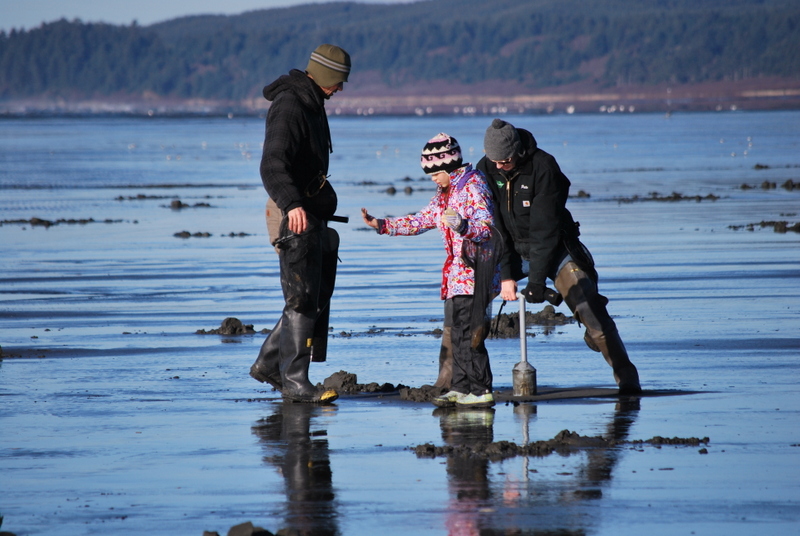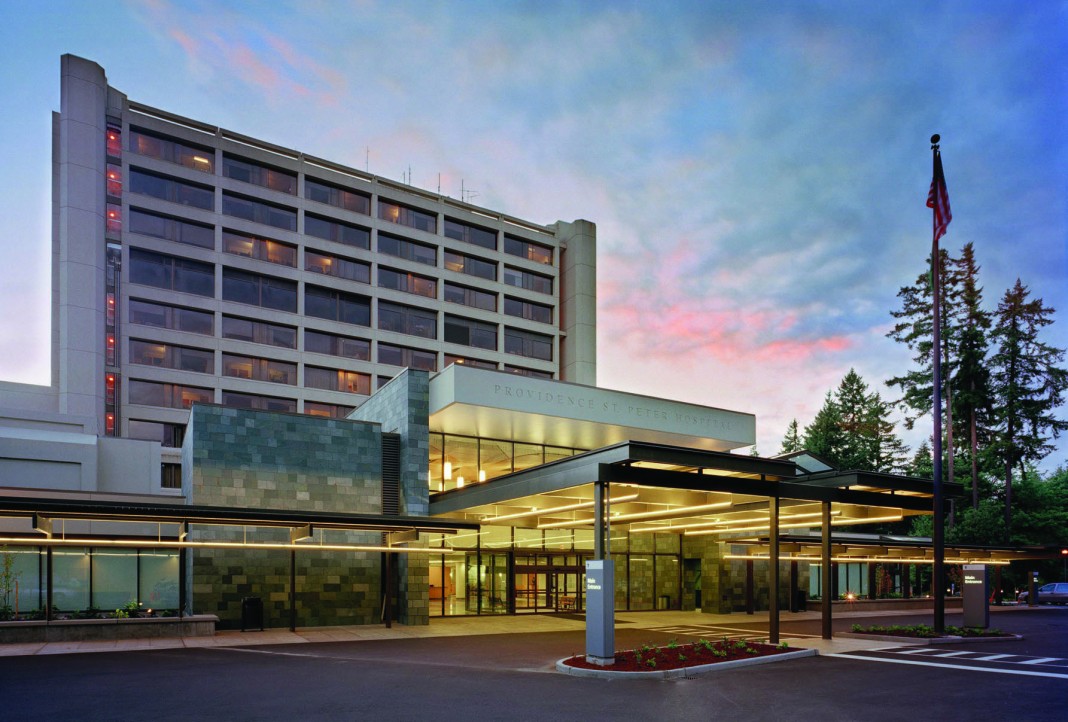Submitted by Providence Health & Services
As part of Providence St. Joseph Health’s commitment to behavioral health, free first aid training will be offered in Olympia and Centralia.

This 8-hour training course gives people the tools to identify when someone might be struggling with a mental health or substance use problem and to connect them with appropriate support and resources when necessary.
Classes (open to the public) will take place from 8:30 a.m. to 4:30 p.m. (pre-registration is required by emailing TonyCloudMHFA@gmail.com with your name, phone number, email address and date of course you would like to attend) See FLYER:
- Monday, June 19 -200 Rooms
- Saturday, July 15 – 200 Rooms
- Saturday, Aug. 26 – 200 Rooms
- Monday, Sept. 11 – CCU Classroom
- Monday, Oct. 16 – CCU Classroom
- Saturday. Nov. 18 – 200 Rooms
- Saturday, Dec. 16 – 200 Rooms
- Monday, July 24 – Professional Center Training Class Room
- Saturday, Sept 9 – Mother Joseph Conference Room
- Saturday. Oct 14 – Mother Joseph Conference Room
- Monday, Nov. 20 – Professional Center Training Class Room
- Saturday, Dec. 2 – Mother Joseph Conference Room
For more information about the program, see the Mental Health First Aid – Info Sheet
1 in 5 Americans has a mental illness, but many are reluctant to seek help or might not know where to turn for care. Unlike physical conditions, symptoms of mental health and substance use problems can be difficult to detect. For friends and family members, it can be hard to know when and how to step in. As a result, those in need of mental health services often do not get them until it is too late.
Just as CPR helps even those without clinical training assist an individual having a heart attack, Mental Health First Aid prepares participants to interact with a person experiencing a mental health crisis. Mental Health First Aiders learn a 5-step action plan that guides them through the process of reaching out and offering appropriate support.
“Through this program, we hope to take the fear and hesitation out of starting conversations about mental health and substance use problems,” says Linda Rosenberg President and CEO of the National Council for Behavioral Health, which helped bring Mental Health First Aid to the U.S. in 2008. “When more people are equipped with the tools they need to start a dialogue, more people can get the help they may need.”
In just ten years, Mental Health First Aid has become a full-blown movement in the United States—more than 800,000 people are certified Mental Health First Aiders, and that number is growing every day.



















































